- Curved Lithium Polymer battery
- Fast Charge Polymer Battery
- Flexible Polymer Lithium Battery
- Ultra-thin Polymer Battery
/ Blog / Battery Knowledge /
Do Lithium Batteries Leak Acid?
17 Dec, 2021
By hoppt
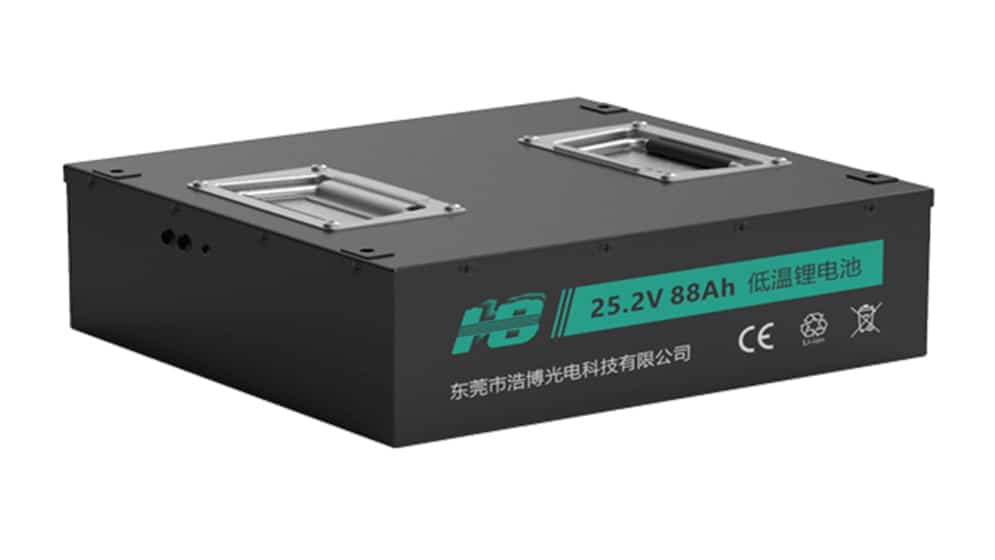
Alkaline batteries, the kind you find in TV remotes and flashlights, tend to leak acid when they have been in a device for too long. If you are thinking of investing in a lithium battery, you may wonder if they behave the same. So, do lithium batteries leak acid?
Generally, no. Lithium batteries contain several components, but acid is not on that list. In fact, they mainly contain Lithium, electrolytes, cathodes, and anodes. Let’s take a closer look at why these batteries don’t generally leak and under what circumstances they might.
Do Lithium Ion Batteries Leak?
As mentioned, lithium batteries don’t typically leak. If you bought a lithium battery and it started to leak after a while, you should check whether you actually got a lithium battery or an alkaline one. You should also confirm the specifications to ensure that you use the battery on an electronic device that can handle the battery’s voltage.
All in all, lithium batteries are not designed to leak under normal conditions. However, you should always store them at 50 to 70 percent charge in a dry and cool environment. Doing this will ensure that your batteries last as long as possible and do not leak or explode.
What Causes Lithium Batteries to Leak?
Lithium batteries are not prone to leaking but they carry a risk of exploding. Lithium-ion battery explosions are usually caused by thermal or heat runaway, in that the battery is producing too much heat leading to a reaction with the volatile lithium. Alternatively, explosions can be caused by a short circuit that results from poor quality materials, incorrect battery use, and manufacturing defects.
If your lithium battery does leak, the effects will be minimal on your device. This is because, as mentioned, lithium batteries do not contain acid. The leaking could be the result of a chemical or heat reaction within the battery that causes the electrolytes to boil or undergo chemical changes and raise the cell pressure.
Generally, lithium batteries are equipped with safety valves that notify you when the cell pressure is too high and the electrolyte materials are leaking. This is a signal that you should get a new battery.
-
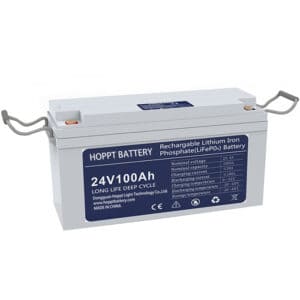 24v Lithium Battery
24v Lithium Battery
HB 24V 100Ah Lithium Replace Lead-acid BATTERY
Read more -
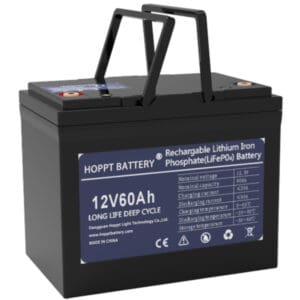 12v Lithium Battery
12v Lithium Battery
HB 12V 60Ah Lithium Battery Pack
Read more -
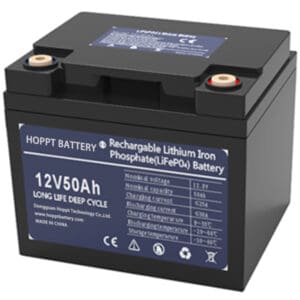 12v Lithium Battery
12v Lithium Battery
HB 12V 50Ah Lithium Battery Pack
Read more -
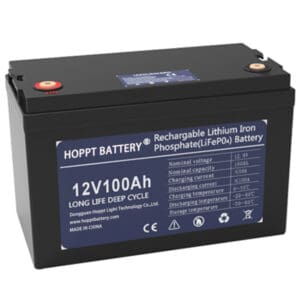 12v Lithium Battery
12v Lithium Battery
HB 12V 100Ah Lithium Battery Pack
Read more -
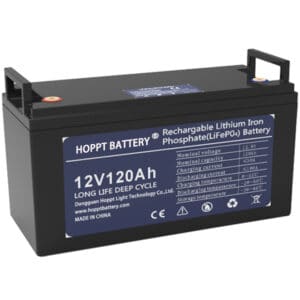 12v Lithium Battery
12v Lithium Battery
HB 12V 120Ah Lithium Battery Pack
Read more -
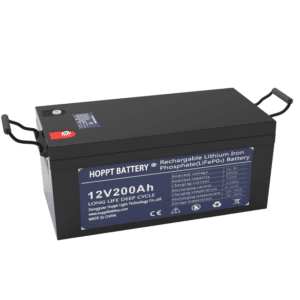 12v Lithium Battery
12v Lithium Battery
HB 12V 200Ah Lithium Battery Pack
Read more -
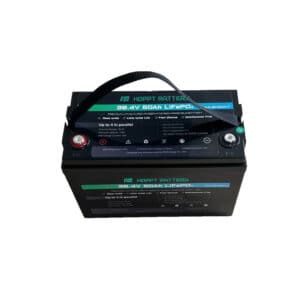 36v Lithium Battery
36v Lithium Battery
HB 36V 50Ah Lithium Battery Pack Lithium Iron Phosphate Battery
Read more -
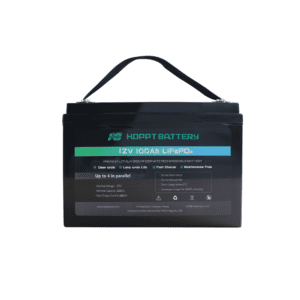 12v Lithium Battery
12v Lithium Battery
HB 12V 100Ah Lithium Battery Pack Lithium Iron Phosphate Battery
Read more
What Should I Do When My Rechargeable Battery Is Leaking?
If your rechargeable battery starts to leak, you should be cautious about how you handle it. Leaked electrolytes are very strong and toxic and can cause burning or blindness if they come into contact with your body or eyes. If you do get into contact with them, you should seek medical treatment.
If the electrolytes come into contact with your furniture or clothes, wear thick gloves and clean them thoroughly. You should then place the leaking battery in a plastic bag – without touching it – and place it in the recycling box at your nearest electrical store.
Conclusion
Do lithium batteries leak acid? Technically, no because lithium batteries do not contain acid. However, while rare, lithium batteries can leak electrolytes when the pressure inside the cell builds to extreme levels. You should always dispose of leaking batteries immediately and avoid letting them come into contact with your skin or eyes. Clean any items that the electrolytes leak onto and dispose of the leaking battery in a closed plastic bag.



